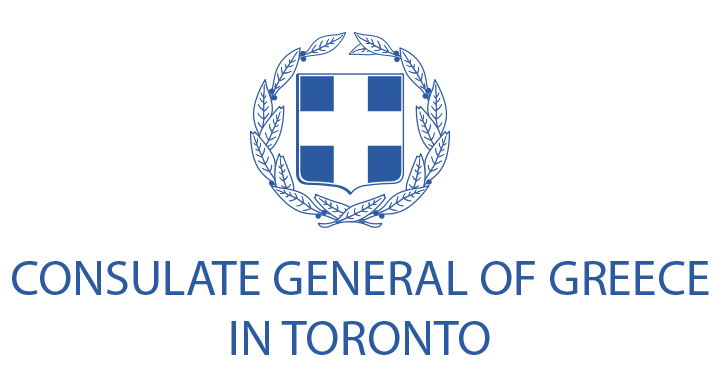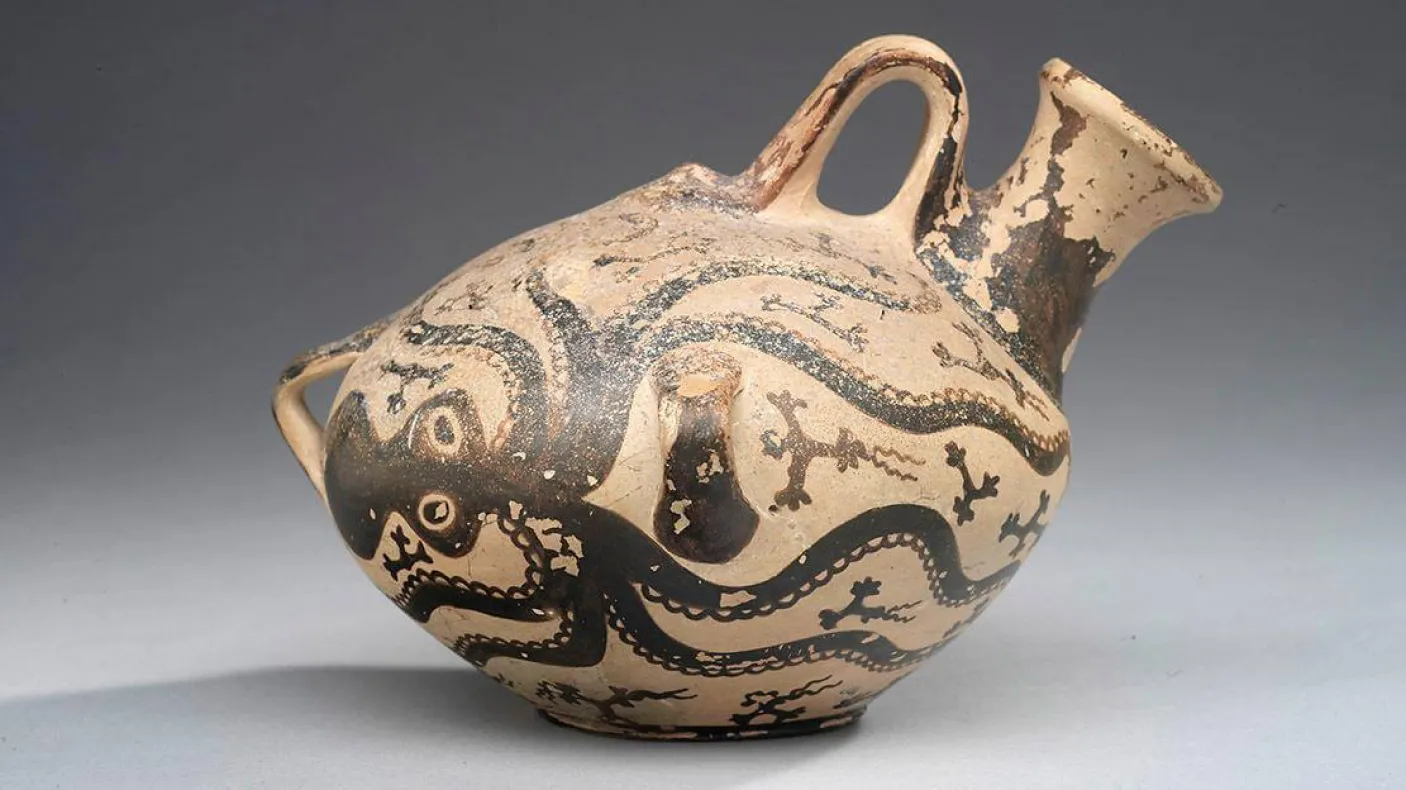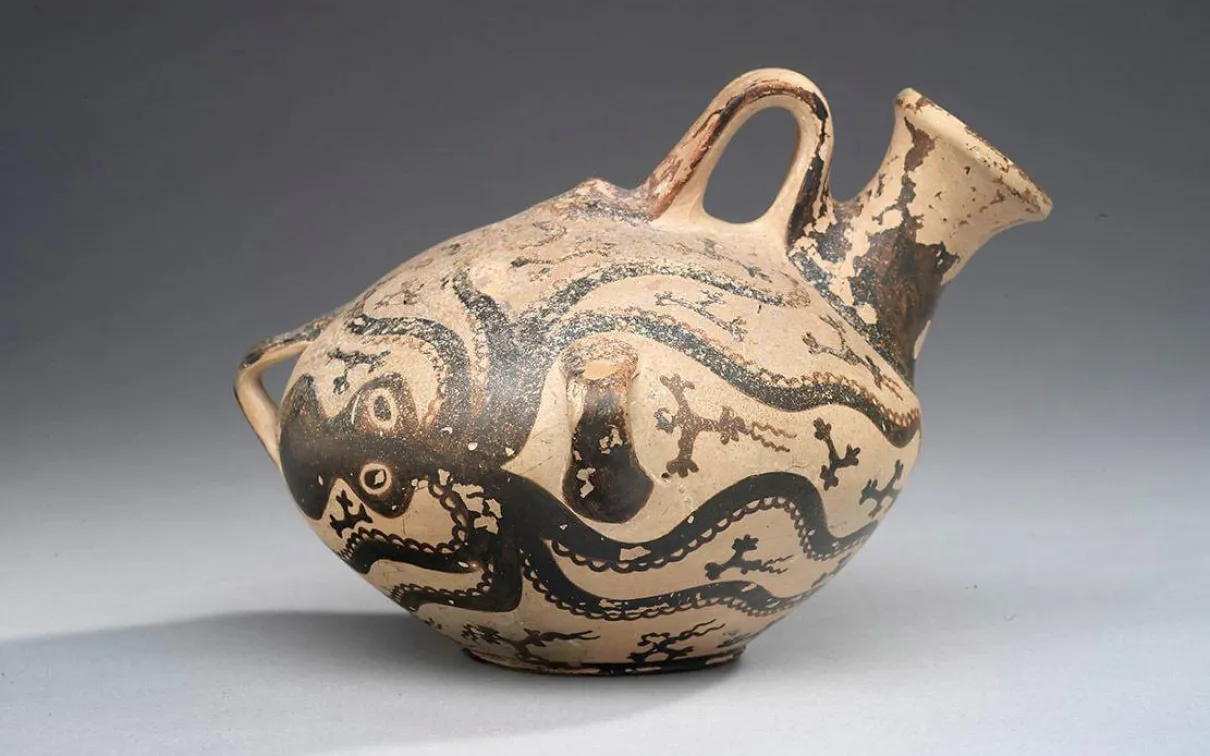Every Object Tells a Story: Exploring the Bronze Age Aegean
Category
Audience
Age
About
Carl Knappett
Learn more about the stories an intact “Kamares” cup in the Bronze Age Aegean Gallery might tell about rituals, celebrations, status, and power.
A Marine Style Askos at ROM
Paul Denis
Examine a Mycenean Marine Style askos (flask) decorated in a design style adapted from Minoan art – a tour de force paintwork that brilliantly harmonizes the shape of the askos with the sea creatures integrated into the surface design.
Making for the Dead: Cretan Terracotta Sarcophagus Production in the Late Bronze Age
Sarah Georgel-Debedde
Take a closer look at what recent research and experimental reproduction is revealing about production of the large clay burial vessels, known as “larnakes” (or “larnax” in the singular), from physical creation to the composition and expertise of craftsmen to the structure of the craft space.
Humble Offerings: Miniatures and Minoan Religion
Rachel Dewan
A collection of tiny clay figurines brought from Petsophas in Crete to ROM by Charles Currelly, the Museum’s first director provides a foundation for exploring Minoan spirituality and its use of miniaturization as a way to materially and, though the use of signs and smbols, engage with the unknown.
Illuminating the Past: Minoan lamps in ROM and lighting techniques in Bronze Age Crete
Bastien Rueff
Using Minoan lamps in the collections at ROM as a starting point, examine the evolution of light over time – the role it played in daily life, its impact on the rhythm of activities, and the sensory ambiances that shaped spaces – from ancient palaces to the humblest of households.
The Scattered Votives from the Frangissa Sanctuary
Matthias Recke
Discover what new excavations on a previously lost ancient sanctuary site are telling us about the site and the objects unearthed in its original excavation – one of the world’s most important collections of Cypriot antiquities – currently displayed at ROM.
Program Partner
University of Toronto, Art History Department
This program is made possible through the support of the A.G. Leventis Foundation and the Republic of Greece.









